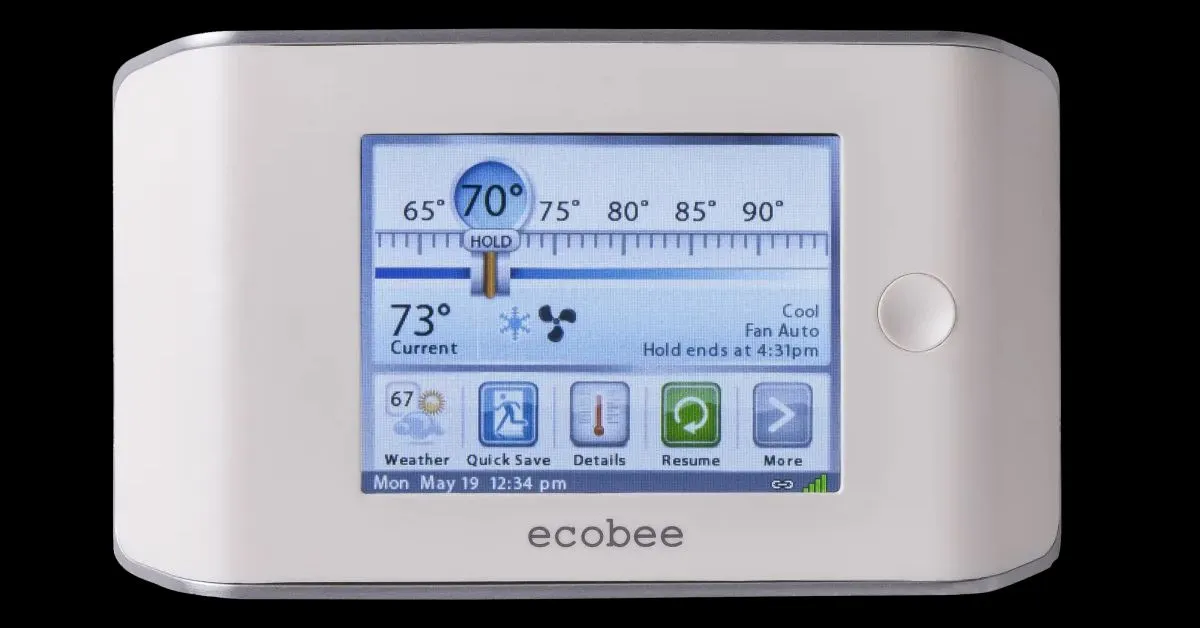After 16 years, Ecobee is shutting down support for the original smart thermostat
After 16 years, Ecobee is shutting down support for the original smart thermostat

www.theverge.com
After 16 years, Ecobee is shutting down support for the original smart thermostat
